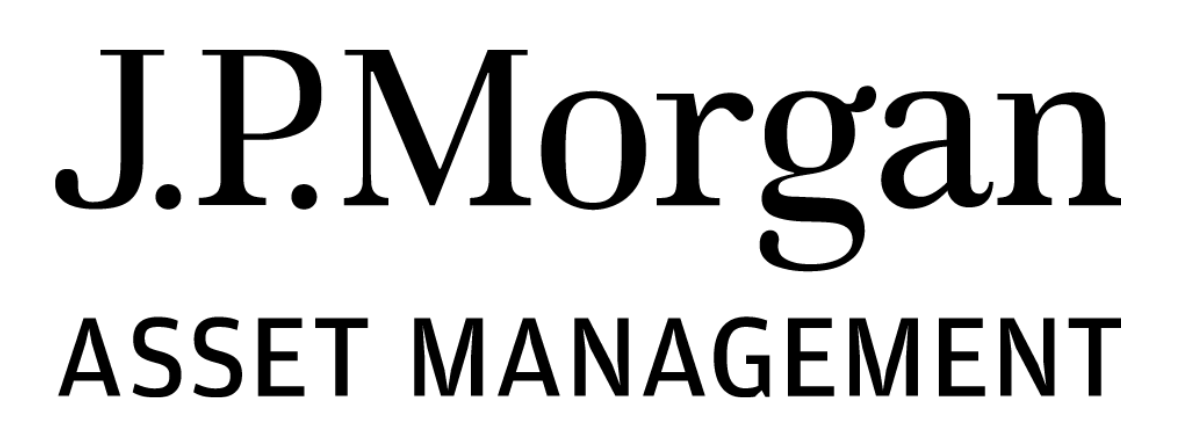ESG ETFs have taken the investment landscape by storm however a key challenge that needs to be addressed is their inability to divest from companies not showing any signs of improvement from a sustainability perspective.
ETF issuers have been quick to dismiss the problem of divestment by claiming engagement is a far more effective approach. While this may be the case on the whole, divestment is a powerful tool in specific cases when a company is not listening to the sustainable demands of shareholders.
This issue is only pertinent to ETFs that track an index – something which the majority of products do, for now – as they are required to replicate the performance of the underlying index through a rules-based approach.
Once the ETF has been launched, issuers are beholden to index providers due to the fact they are required to track the performance of the index and therefore, cannot remove a stock simply because they no longer believe in the company’s ESG credentials.
As James McManus, CIO at Nutmeg, said onETF Stream’srecent webinar on ESG ETFs: “The divestment issue is a challenge. There is a gap here because index providers are not asset owners and asset owners have to follow the index so it is a question of bridging that gap.”
ETF issuers have the option to lobby index providers to remove a certain stock from an index, however, this is very unlikely to happen unless in extreme circumstances such as last year’s Wirecard scandal due to the variety of asset owners tracking that index.
Meanwhile, a self-indexing approach has the potential to cut out the index provider meaning ETF issuers are in control of their own ESG IP. This method has been taken by some firms which have the in-house capabilities such as JP Morgan Asset Management however many investors still like the comfort of knowing a big index provider such as MSCI was involved in the index creation process.
Instead, one response from ETF issuers has been to work with index providers to create indices that have greater ESG intensity. For example, UBS Asset Management partnered with MSCI last year to move its entire SRI ETF range to low carbon indices which exclude any company that is a “high emitter” from a Scope 1 and 2 carbon emissions perspective.
In theory, stricter requirements around which companies can enter an ESG index should lead to less companies needing to be divested.
Therefore, the way issuers engage with index providers during the ETF creation process should lead to better outcomes for investors and ensure the lack of divestment option does not become a major problem going forward.






